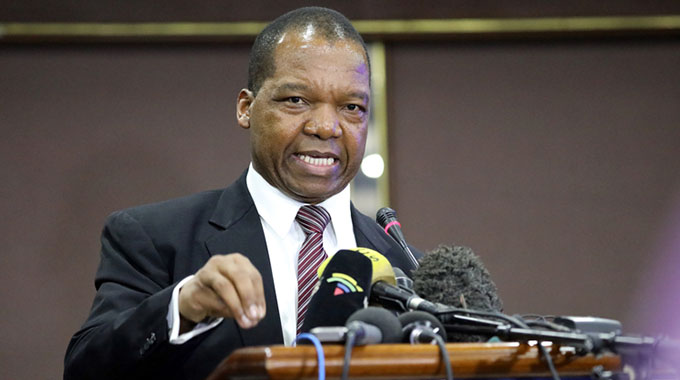Govt scraps RBZ special trade approval requirement

Tawanda Musarurwa Senior Business Reporter
Government has removed a special requirement by the Reserve Bank of Zimbabwe (RBZ) to grant prior approval for trade and investment remittances outside the country.
The move is aimed at making Zimbabwe a broadly attractive investment destination in line with the ‘Zimbabwe is open for business’ mantra, which is an aggressive investment drive that has been given top priority.
According to the recently promulgated National Investment Policy (2019):
“The Government liberalised the country’s trade and investment transactions to allow foreign investors to freely remit to various destinations such income as dividends and profits realised from their investments, without seeking prior approval of the Reserve Bank of Zimbabwe.
“Furthermore, foreign investors with bona fide investments can freely disinvest from the country, and remit their initial capital plus appreciation proceeds.”
The authorities are fully appreciative that the growth of foreign direct investment (FDI) inflows into the country is key to turning around the economy.
Analysts at IH Securities say the positive correlation between increase in FDI and gross domestic product (GDP), is what motivates most bilateral engagements the world over.
But although FDI inflows to Sub-Saharan Africa have increased significantly, Zimbabwe has not benefited much from this boom.
Last year, Zimbabwe’s FDI of US$745 million (up from US$349 million, previously) was compared to FDI inflows of about US$2,30 billion in Mozambique and US$1,10 billon in Zambia in 2017.
Through the new National Investment Policy, Government is targeting to increase the share of private sector investment in Zimbabwe to at least 25 percent of GDP by 2030.
Earlier this month, Cabinet approved the National Investment Policy, which provides a comprehensive framework for the coordination, facilitation, promotion, protection and retention of investment in Zimbabwe in line with Vision2030 and the Transitional Stabilisation Programme (TSP).
But before the launch of the investment policy, the authorities have been making incremental moves towards improving the local investment climate.
In April this year, the apex bank said it had set up a dispensation that allows companies operating in Zimbabwe to partially externalise their shareholding.
Companies are increasingly looking at migrating their holding company structures or part of their equity to offshore jurisdictions with benefits including easier access to venture capital.
And certain foreign investors may allocate a greater portion of their available funds for investments in jurisdictions prominent in specific industries.
Although the dispensation is commonplace around the world, the RBZ governor Dr John Mangudya, said locally, it had been necessitated by the high country risk.
He, however, added that the bank will enhance monitoring mechanisms to ensure that the dispensation is not abused.










Comments